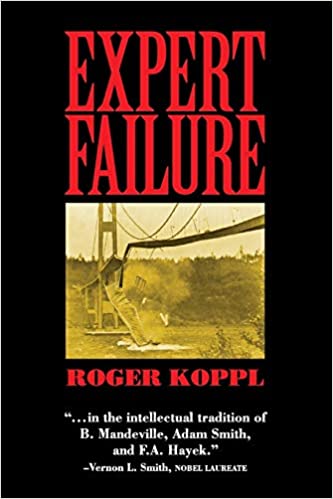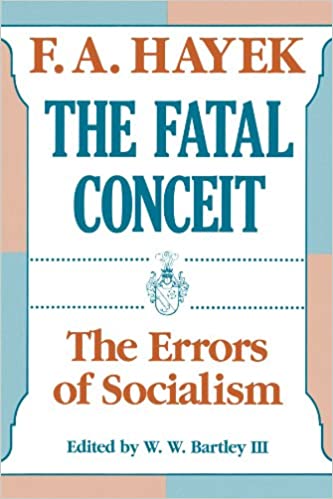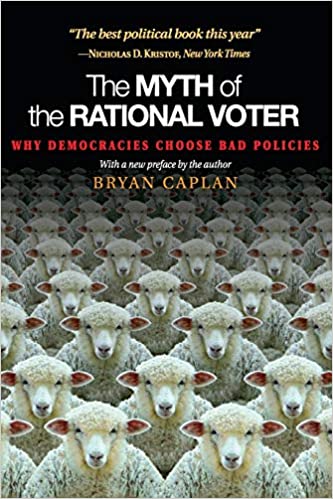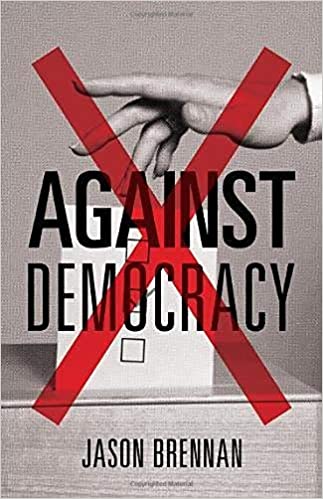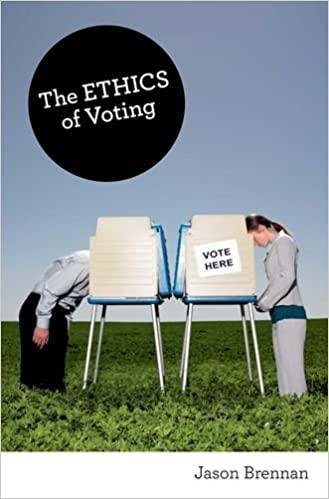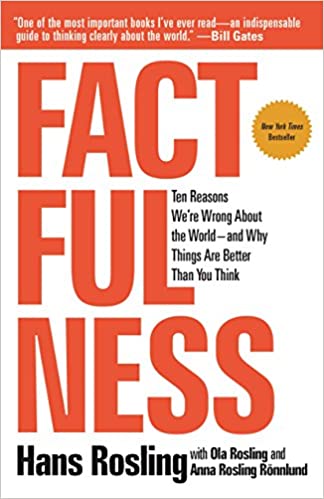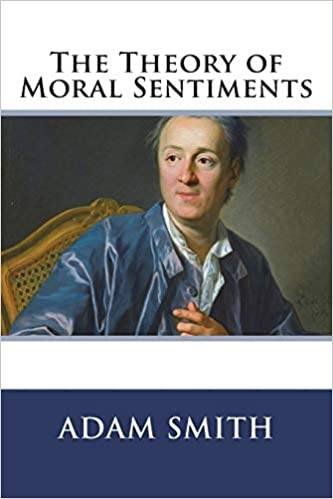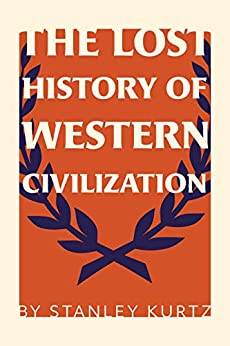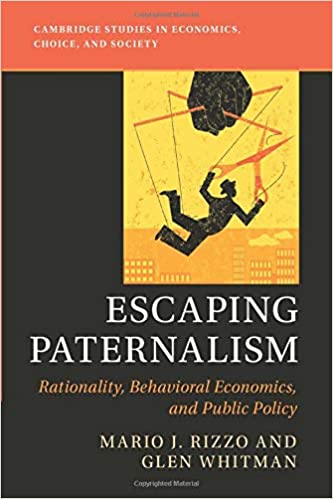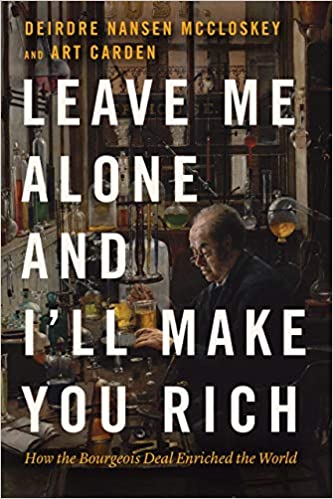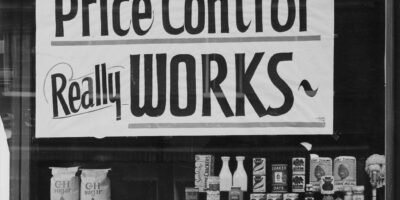A Pandemic Reading List

It has been a rough year, to say the least. Since reading Rolf Dobelli’s essay “Avoid News: Towards a Healthy News Diet,” I’ve stopped paying much attention to current events beyond what I pick up from people and the environment around me. To be blunt, most political advertising is simply insulting and a lot of political reporting is unhinged. I’ve replaced a lot of my keeping-up-with-current-events with piles of books that, I think, help me understand the world far better than CNN and Fox News. With a trick-or-treat-free Halloween, a presidential election, and people making plans for a socially-distanced holiday season, here are some books you might want to add to the stack on your nightstand. In the spirit of G. Patrick Lynch’s election reading list at EconLog, they will help you understand the present moment and, importantly, people’s reactions to it.
Roger Koppl, Expert Failure. I caught a bit of flak after coming to Rand Paul’s defense after he somewhat clumsily said, “We shouldn’t presume that a group of experts somehow knows what’s best.” More than one person pointed out that in invoking Adam Smith, F.A. Hayek, and William Easterly I was appealing to (wait for it) experts to make my case.
That misunderstands what Smith, Hayek, Easterly, Thomas Sowell, and so many others mean when they criticize overreliance on experts. That’s where Roger Koppl comes in, noting (as Smith, Hayek, Sowell, and others do) that expertise in one area doesn’t mean expertise in another–and even within people’s fields of expertise, they are human beings who respond to incentives. About an hour into AIER’s Summit with Martin Kulldorff, Jay Bhattacharya, Sunetra Gupta, and Stefan Baral that led, ultimately, to the Great Barrington Declaration, Jay Bhattacharya pointed out that science per se cannot evaluate all the relevant political and economic trade-offs and say “Do this.” The reason, I think, is fundamentally Hayekian: individuals’ “knowledge of the particular circumstances of time and place” cannot confront the expert as data.
Friedrich A. Hayek, The Fatal Conceit: The Errors of Socialism. Speaking of Hayek, The Fatal Conceit can probably be summarized as “Hayek Writ Small.” It’s a good distillation of Hayek’s overall intellectual program published near the end of his life (1991; Hayek passed away in 1992). If The Fatal Conceit leaves you hungry for more Hayek–or if you’re looking for a different starting point–you can download Individualism and Economic Order for $0.
Bryan Caplan, The Myth of the Rational Voter. This brings us to the election. Why is public policy so bad? Bryan Caplan’s 2007 book The Myth of the Rational Voter still holds up extremely well after almost a decade and a half. Caplan identifies four biases in the general public compared to how economists understand the world: anti-market bias, anti-foreign bias, make-work bias, and pessimistic bias. As Caplan has written elsewhere, when he studies economics, he is amazed that public policy isn’t much better. When he studies public opinion, he is amazed that public policy isn’t much worse. It would be nice if public opinion were better, but voters have very weak incentives to actually understand the issues on which they’re voting. As I wrote in 2012, “(W)e do not get bad public policy because the system is corrupt. We get bad public policy because people vote for it, enthusiastically.”
Jason Brennan, The Ethics of Voting and Against Democracy. This brings me to two books by the philosopher Jason Brennan that sit well alongside The Myth of the Rational Voter. In The Ethics of Voting, Brennan explains what it takes to vote well. In order to vote well, a voter must have an epistemically justified true belief that what he’s choosing is actually conducive to the common good. That’s a higher bar to clear than merely “meaning well.” In Against Democracy, he blasphemes against a modern political idol. Majoritarian democracy, Brennan argues, is just one way to make public policy, and voting is just one way among many to try to make the world a better place.
Hans Rosling, Factfulness. It’s hard to make good public policy when you have a fundamentally flawed mental model of the world based on “facts” that aren’t (see “pessimistic bias,” above). It isn’t just that the median voter underestimates (for example) changes in standards of living by a few percentage points. He underestimates it by an order of magnitude. Rosling presents a lot of data that squarely contradict the doom-and-gloom narrative and that, if widely disseminated, would lead to much better public policy. In light of voters’ incentives, though, I’m not going to hold my breath.
Adam Smith, The Theory of Moral Sentiments. I’m teaching my Philosophy, Politics, & Economics course again this coming January Term, and the first few days of the class are going to be devoted to a deep dive into The Theory of Moral Sentiments (available for $0 all over the internet). I’ve become persuaded first that TMS is Smith’s most important work and second that Das AdamSmithProblem of the alleged irreconcilability of Smith’s ideas in TMS and The Wealth of Nations. If you want to understand how the social world works, this needs to be on your reading list.
Stanley Kurtz, The Lost History of Western Civilization. I bought this before I realized you could get it online for $0. It’s comfort food for those of us who have been looking to “defend the books” since the publication of Harold Bloom’s The Closing of the American Mind.
Mario Rizzo and Glen Whitman, Escaping Paternalism: Rationality, Behavioral Economics, and Public Policy. I’m only about a fifth of the way through this, but I can already tell it’s the kind of book that, in a just world, would have an immediate and far-reaching effect. In short, it appears that “behavioral economics” has discovered new varieties of non-Marxian false consciousness: we do things that aren’t in line with our ‘true’ preferences. Behavioral econ’s policy implication is straightforward: enlightened worthies should “nudge” us toward better choices by, for example, making retirement plans and vacation time “opt-out” rather than “opt-in.” In the papers and talks underlying the book, Rizzo and Whitman argue that this isn’t the case. I generally don’t like to recommend books I haven’t finished, but I’m willing to take a chance as I doubt I’ll be changing my mind on this one. Bryan Caplan ran an online book club on it earlier this year.
Deirdre McCloskey and Art Carden, Leave Me Alone and I’ll Make You Rich: How the Bourgeois Deal Enriched the World. I’d be remiss if I didn’t include my own book on this list. Between 2006 and 2016, Deirdre McCloskey wrote a massive, 2,000-page trilogy explaining the rhetorical and intellectual changes that brought about what she calls “The Bourgeois Era.” In short, we stopped embracing hierarchy (as much) and started valuing business and innovation (a bit more). She brought me on board to help her write a radically condensed version suitable for reading on planes and beaches. Leave Me Alone and I’ll Make You Rich is the 232-page result of our effort that will hit shelves on October 30. If you want to know more, the Cato Institute is hosting an online book forum at 12:45 Eastern on release day.
“May you live in interesting times” is an apocryphal ancient curse. These times are certainly interesting, to say the least, and the best way to deal with them is to follow the Biblical exhortation in Proverbs chapter 4 to get wisdom, understanding, and insight. You’re not likely to find them on cable news and Twitter, unfortunately, but that doesn’t mean they aren’t out there. The books above, I believe, will give you a much better understanding of our very interesting times.

